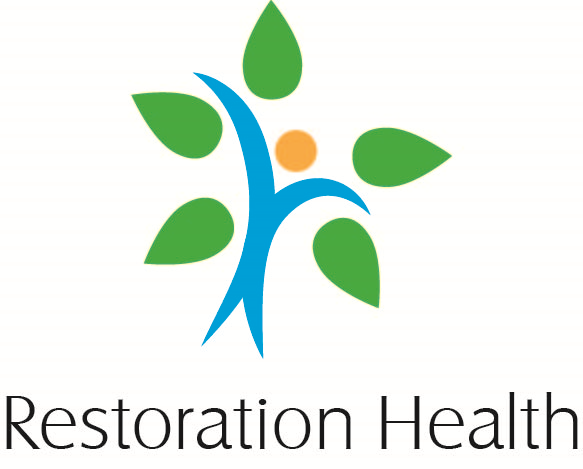Organic vs. Conventional
/How many of you have asked whether it’s really necessary to buy organic vs. conventionally farmed? How many of you wonder if there is really a difference between the nutrient content of organic food vs. conventionally farmed food? Let’s take a look at the lowly tomato………100 grams of today’s fresh tomato, compared to 100 grams of fresh tomato in 1963, contains:
- 30.7% less Vitamin A
- 16.9% less Vitamin C
- 61.5% less calcium
- 11.1% less phosphorus
- 9% less potassium
- 8% less niacin and
- 10% less iron
This is a substantial loss in nutrients. But, it’s not all about losses; in fact, there are 2 nutrients that have increased; the amount of fat in the tomatoes has increased by a whooping 65% while sodium (the basis of common table salt) has increased by an astounding 200% (sourced from The End of Food by Pawlick, Thomas). The average conventionally farmed tomato is higher in fat and sodium but lower in calcium, potassium, vitamin A, Vitamin C, iron, phosphorus and niacin. Processed tomato products have suffered a similar fate; since 1963 canned tomato juice has lost 35.5% of it’s iron and 30.5% of it’s vitamin A. In addition to the massive loss of nutrients, conventional farming has also decreased our choices for tomatoes. During the 1999-2000 growing season 11 tomato varieties dominated the market; with only 5% of them accounting for more than 80% of all tomatoes grown. Most of these varieties are proprietary and developed by major multinational food processing companies that require their “farmers” to grow nothing but, their varieties. Given there are over 6,000 varieties of tomato it would appear the consumer is getting ripped off in terms of choices.
How did this come to be???? It’s called deliberate selection. Unfortunately, the multinational corporations that dominate the agricultural food industry (from seed to shelf) are more interested in profit than they are in taste, selection and nutrient density. The focus of conventional farming is yield (pounds per acre), size, resistance to disease, heat tolerance, uniformity of shape and uniformity of ripening. The top two characteristics that most consumers are looking for, flavor and nutritional content are not even a consideration. Does that give you pause? Make you rethink whether organic might be a better choice?
Aside from superior nutritional content of organic produce, we should also consider the toxic load of the many herbicides and insecticides that are used in conventional farming. In California alone, more than 200 million tons of pesticides are used every year. Many of these are known carcinogens and they are also endocrine disrupters, meaning they mess with our hormones. In addition to the pesticide issue, conventional farming generally consists of mono cropping which tends to deplete vital nutrients leading to “dead” soil and it requires the constant use of herbicides and insecticides to manage the increasing pest and weed population. All of these chemicals make it in to our food and water supply and eventually on to your plate. In contrast, organic farming methods are more environmentally friendly. They reduce pollution and wasted energy; Canadian studies show that organic farming practices can use as little as half the energy of other farming methods and they are not dependent on fossil fuel fertilizers. Organic farmers also rotate their crops; this helps replenish the lost nutrients in the soil. For example, corn draws large amounts of nitrogen from the soil so, rotating it with nitrogen fixing plants like clover or beans will replace the nitrogen used up the corn. Crop rotation also disrupts the life cycles of the pests that threaten crops by eliminating the host plant for a period of time. This, in turn, reduces the need for heavy pesticide use. Remember that soil is the foundation of our food chain and without strong soil microbiology we are losing out on vital nutrients and this WILL affect our health down the road.
Let’s support our local organic farmers. They are working in harmony with nature; they respect the balance that a healthy ecosystem demands and they also strive to preserve bio-diversity by collecting and preserving seeds. Aside from this, the food they produce is more nutrient dense and free of the chemicals that will burden your system and potentially lead to health problems. At the very least, educate yourself on the “Dirty Dozen” and the “Clean Fifteen” (this is available in an app); a list of the top 12 fruits/vegetables that are the most contaminated by pesticide use and the 15 least contaminated. Conventionally farmed coffee, rice, corn, oats and wheat are crops with heavy pesticide use. It’s also recommended to purchase fat containing foods (ie: eggs, meat, butter, dairy) organically. Toxins, including pesticides, tend to accumulate in fat so these products generally carry a heavy toxic load.
What will you choose?

